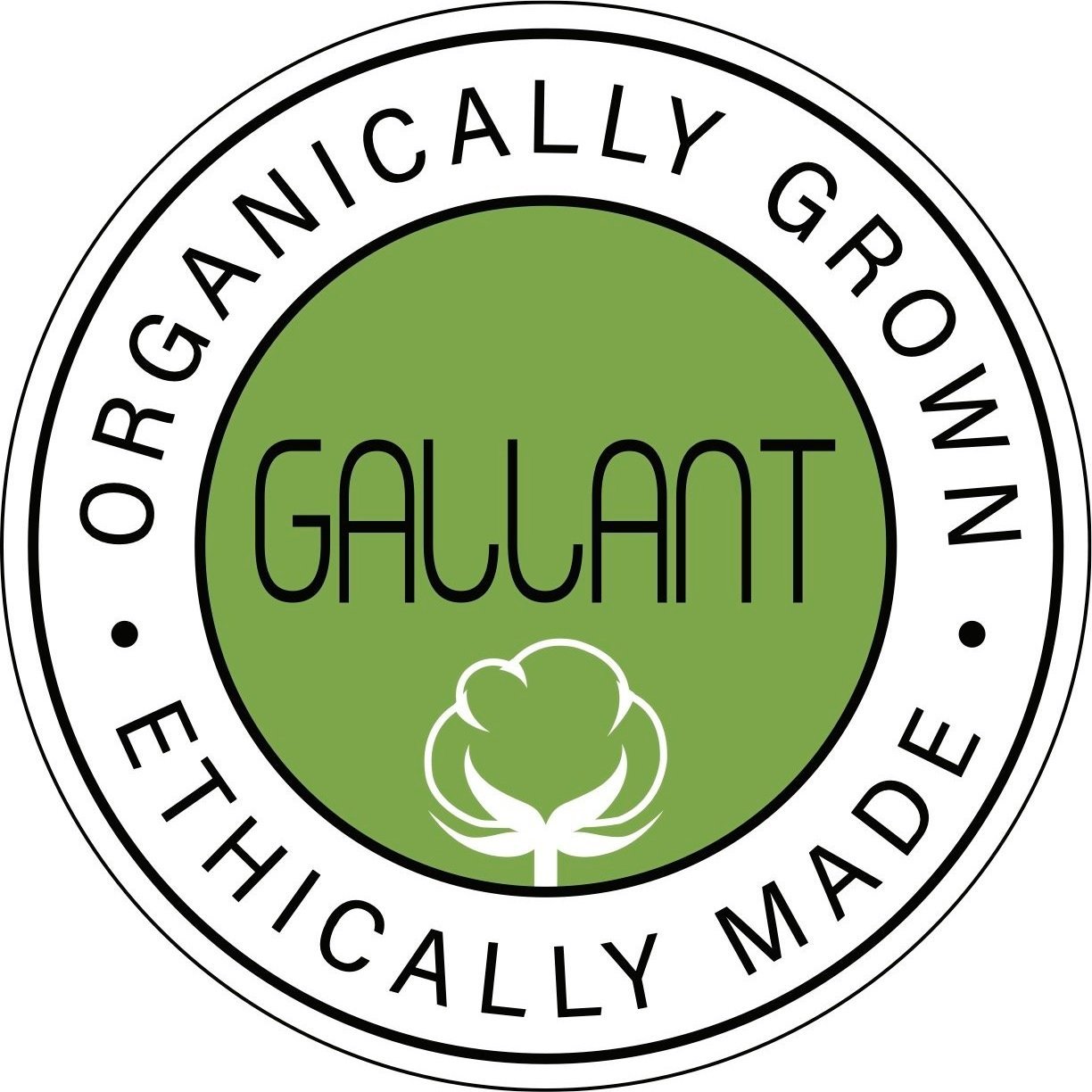How Can Reusable Produce Bags Benefit the Environment?
There are many benefits of using reusable produce bags such as protecting and preserving the ecosystem, save money, and feel good.
The world is facing a catastrophe when it comes to the disposal of waste. Most of the world’s waste consists of plastic bags, bottles, and other plastic packaging. Plastic bags are consumed at a rate of 500 billion to 1 trillion per year. Every minute, approximately one million plastic bags are used. Many are asking, how can we decrease these massive numbers? Opting for reusable produce bags or eco-friendly bags is a great place to start.
These bags have many names, including mesh produce bags, cotton produce bags, compostable produce bags. These bags have a vast amount of benefits and can help save the environment.
What are reusable produce bags?
Reusable produce bags are made up of muslin, mesh or other recyclable/compostable substances. These eco-friendly bags are washable and can be used many times over.
Why should you make the switch to reusable bags?
Normal plastic produce bags are typically thrown out after a single-use. If you were to switch to reusable bags you would be contributing to reducing the overall consumption of one-time-use plastic bags. Reusable bags are also more convenient, as you can use the bags for other things as well.
How do you use reusable produce bags?
These mesh bags or produce bags have enough durability that you can use them for years to come. They can hold up more weight than a regular plastic bag or paper bag, and give you a better grip. These produce bags are termed reusable as they can be washed, cleaned, dried and then be used again; good as new!
What are the benefits of organic cotton versus plastic bags at the grocery store?
Organic cotton produce bags are eco-friendly as they are biodegradable and unlike plastic bags, they won’t take 1000 years to degrade. There are reusable plastic bags available in the market but after using them a few times they lose their strength and carrying capacity. Cotton produce bags, on the other hand, have more durability. Organic cotton is also better for the health of the planet, consumers, workers and producers.
Which has a higher production cost?
Plastic bags are made out of petroleum and are non-biodegradable. Plastic bag production cost is about $4 billion per year, which is a hefty sum for something which will inevitably pollute the environment. Reusable produce bags, on the other hand, are made up of cotton, muslin or even recycled PET (plastics used to make water bottles). These are recyclable and don’t have to be produced in such vast numbers, hence reducing the overall production cost.
Which has a bigger impact on the environment?
Both reusable produce bags and plastic bags have a big impact on the environment. The only difference is one is positive while the other is negative. The use of single-use plastic bags or “reusable” plastic bags results in the pollution of the nearby landscape. As plastic bags take over 1000 years to decompose, bags ruin the soil, fill up landfills, prevent decomposition and also pollute water bodies. Cotton produce bags and mesh produce bags on the other hand decrease the consumption of these plastic bags and act as a useful alternative. When no longer needed, organic cotton produce bags can safely be composted, leaving no trace behind.
What other things can I use my produce bags for?
You can use your bags to store items and use them at grocery stores to carry vegetables and grocery. These bags will be able to carry more load than the same sized plastic bag. These produce bags can also be used to store items in the fridge, cabinets, cupboards. Basically, a reusable produce bag can be used in the same way you use a plastic bag, but with less environmental impact.
Am I really creating less of an environmental impact when using reusable bags?
Many make the argument that the manufacturing of bulk reusable produce bags and totes pollutes the environment just as much as plastic bags. However, this simply isn’t the case. While manufacturing everything does make a carbon footprint, making a reusable item that won’t end up in the landfill reduces the item’s impact for years down the line. As more people switch to reusable bags, the demand for plastic will drop, decreasing the pollution created by them.
Conclusion
While all of these facts are evident, many people still consider that just because they are using reusable produce bags doesn’t mean it will cause a dent in the production of plastic bags. For them it should also be noted that when something is done by the masses the impact is unimaginable, so do your part you will see the effect of it sooner or later.
Reusable produce bags help in decreasing land pollution, aquatic pollution, and environmental degradation. They contribute to an overall eco-friendly alternative, this solves the problem of plastic alongside being convenient for the people.


